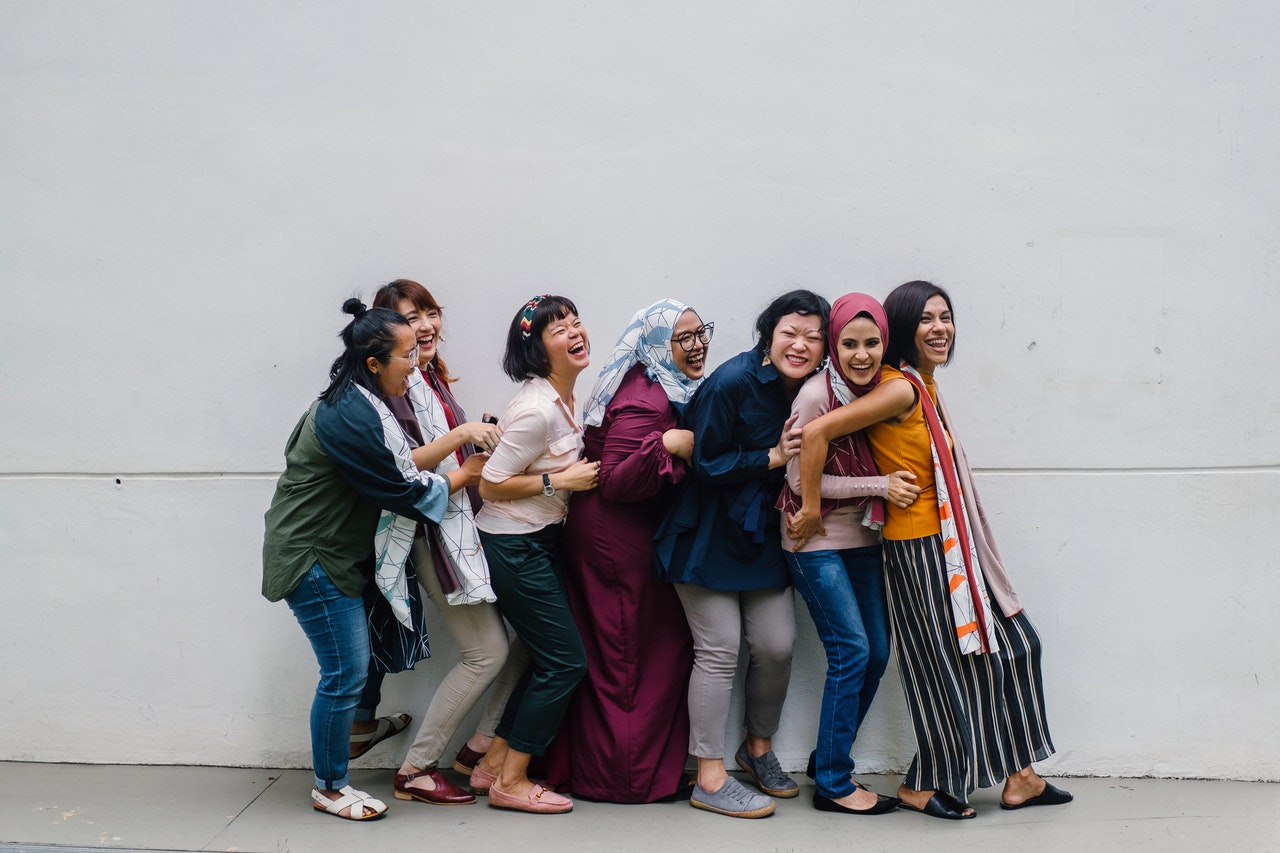Making Positive Use Out of Disagreements
If you’ve read our blog on this months topic, Radical open-mindedness (if you haven’t I suggest you check it out!) then you are aware of this skill made famous by Ray Dalio. It allows us to be open to alternative perspectives and willing to accept that you might be wrong. Radical open-mindedness asks us to be open to being wrong, willing to listen to others perspective, and place our ego and judgement to the side. Part of being radically openminded is the ability to learn from different perspectives and make positive use out of disagreements.

How Can We Learn from Different Perspectives?
Learning from different perspectives allows us to overcome the fear of being wrong, understand others and help others understand us. Our perspectives are a formulation of past experience plus our first glance or understanding of something, anything, everything! Once we have formed our perspective, it’s easy to filter our world to support this perspective. However, in understanding that perspective can be ever changing. The true formulation of a perspective should be past experience, first glance, plus new or more information. We can learn from others by challenging our existing perspectives and gathering new information. We do not need to be opinion less blobs. But rather individuals of continual growth and understanding towards greater effectiveness.
Referring to some of Ray Dalio’s life and work principles can help us understand how we can learn from different perspectives.
These principles are helpful for us to learn how to embody this skill:
- Understand how you can become radically openminded
- Regularly use pain as your guide toward quality reflection
- Make being open minded a habit
- Get to know your blind spots
- If a number of different believable people say you are doing something wrong and you are the only one who doesn’t see it that way, assume that you are probably biased
- Meditate
- Be evidence based and encourage others to be the same
- Do everything in your power to help others also be open minded
- Use evidence-based decision making tools
- Know when its best to stop fighting and have faith in your decision making process
Additionally, when we have disagreements it’s important to make positive use from them to aid toward our continual learning and growth, open mindedness and perspective-taking abilities. Disagreements can be used positively to bring more meaning to our work and relationships, and how we perceive the world around us. Disagreements can increase our understanding of others and help others understand us.
Again, based off the principles of Ray Dalio, here are a few tips to reaping the benefits of a disagreement:
- The positives that can come from disagreement is understanding the power that comes from knowing how your and others are wired. Disagreements help you find out what you and others like. Getting the right people in the right roles of support of your goal is the key to success in whatever you choose to accomplish.
- Remember IT’S OK TO MAKE MISTAKES, BUT IT’S UNACCEPTABLE NOT TO LEARN FROM THEM.
 Observe patterns in your own mistakes and successes, and reflect constantly. Pain + reflection = progress.
Observe patterns in your own mistakes and successes, and reflect constantly. Pain + reflection = progress. - Finally, engage in thoughtful disagreement. Understand the high probability you could be wrong, and that it’s worth the effort to consider what others are saying, and their reasoning behind it. Approach disagreement with curiosity, not antagonism. Listen carefully and objectively to the reasoning behind the differing perspectives.
- Furthermore, ask questions, and actively seek reasoning instead of defending a position. Learning to replace the joy of being right with the joy of learning what is true can be life changing and world opening.




